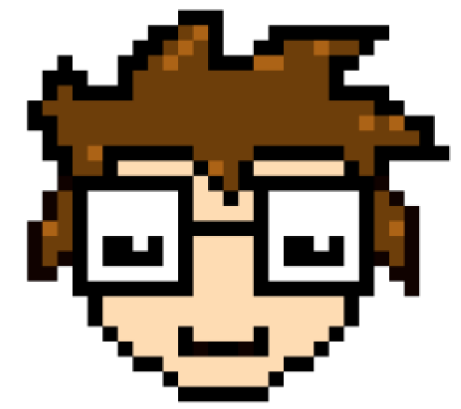The following posts have been individually constructed from my personal teaching philosophy document.
To date, I have published my introduction, which can be found here.
My journey into the world of academia and university life took a less conventional route. I broke the mold as the first student in my family to attend university, and the path that led me here felt like nothing short of a miracle. In 2002, my parents relocated to Alabama, but I wasn’t quite prepared to leave behind my life in Canada. As a result, I chose to live with my grandparents to complete my final years of high school.
Civics and Career Studies
During my high school days, I was led to believe that the only path to success in life was through the faculty of science. Back then, all high school students were required to take a civics and career studies course. I vividly remember one assignment that tasked us with selecting a profession from a catalogue-like pamphlet. However, this catalogue wasn’t organized alphabetically; instead, it was ordered by salary. So, what did I do? I flipped straight to the last page of the catalogue and chose the highest-paying career at that time, which happened to be aerospace engineering.
Taking STEM courses
I embarked on a journey of enrolling in every “academic” level science and math course available, including algebra, physics, biology, and chemistry. Among these, chemistry was the subject most influential to me, but not in the traditional sense of the word. I can vividly recall a pivotal moment during my grade 11 year when I sat in the classroom, diligently writing my final exam. I was plagued with a persistent belief that I would fail the course. As I was engrossed in my exam paper, I suddenly noticed my teacher discreetly beckoning me to approach the front of the class. It was an unusual request, but I stood up from my desk, exam in hand and made my way to the front of the class.
Upon reaching the front of the classroom, my teacher leaned in and spoke in a hushed tone, “Ryan, regardless of how you perform on this exam, it’s highly likely that you’ll end up failing this course. However, I’m willing to make you a proposition. If you promise never to take another chemistry course, I’ll grant you a 55% grade, and we can part ways.”
Naturally, I accepted the offer.

This might not be the traditional high school experience, but for me, it marked one of the most pivotal moments in my life. While some might label the teacher involved as subpar, in my eyes, this educator provided me with an opportunity that no one else had extended. It wasn’t until several years later that I realized this episode represented a defining juncture in my educational journey. I held a strong hatred for the sciences and struggled to excel in them, prompting me to question why I was trying to conform to a mold that didn’t suit me. The answer was simple: I had been led to believe that success lay in the field of STEM.
A shift to writing
I made a significant shift in my career trajectory, focusing on politics, writing, and journalism. I secured a co-op position at the local newspaper, firmly convinced that my future would be that of a respected journalist. I entered the co-op program by submitting a short essay titled “Why the American State is Doomed to Fail.” At the time, I found it quite insightful. When it came time to apply to university programs, I zeroed in on two journalism programs: Ryerson and Carleton.
If you’re familiar with the journalism program at Carleton University, you’ll know that it carries considerable prestige. While my grades improved over time, those earlier science grades cast a significant shadow over my overall high school performance and GPA. Consequently, I received rejection letters from both universities and found myself at a crossroads, uncertain about the path forward. I resorted to the common course of action for a struggling student: I moved back in with my parents.
Lesson 1: Don’t force yourself into a mold for other people, find what interests you.
Header photo by Tamas Tuzes-Katai on Unsplash
My teaching philosophy was designed and influenced by the guide from Western University’s Centre for Teaching and Learning titled Writing a teaching philosophy statement.

